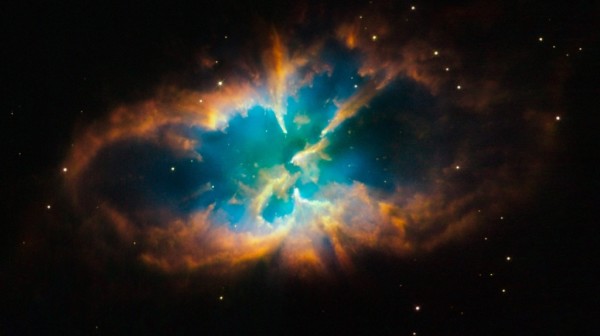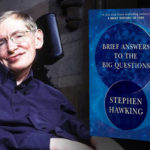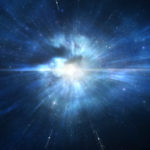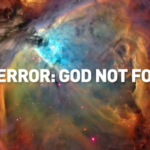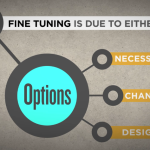Why is There Something Rather Than Nothing?
by Dominicans of the Province of St. Joseph
Filed under Cosmology
Why is there something rather than nothing? This question, usually thought to fall strictly within the purview of philosophy and theology, has recently received attention in the world of popular science thanks to books by Stephen Hawking and Lawrence M. Krauss. Interestingly, these authors propose something similar to what Christians have always believed—that the universe came into existence out of nothing, or ex nihilo—but they think this could have happened spontaneously, or without God.
Both books, Hawking’s The Grand Design (2010) and Krauss’s A Universe from Nothing (2012), have already been thoroughly reviewed—Hawking notably by physicist Steven M. Barr and philosopher John Haldane, and Krauss by philosophers David Albert and Edward Feser. The reviewers (not to mention Stephen Colbert) focus plenty of attention on the authors’ misuse of the term “nothing,” and I take them to have shown that neither book establishes its extraordinary thesis: that physics can explain why there is something rather than nothing. In the aftermath of this skirmish, I want simply to sketch an outline of the traditional theory.
The theory has at least three basic parts: (1) the universe is created ex nihilo; (2) the Creator possesses infinite power; (3) the existence of the universe is totally dependent on God. Saying that the universe is “from nothing” is meant to distinguish the act of creation from an act of art or craftsmanship. The carpenter and the sculptor make their products out of something—wood or metal, for example—but God’s creative act presupposes no preexisting material. “From nothing” also excludes the idea that creatures are made up of God, that he enters into their composition. Creation reflects the Creator, it does not change him into itself. Note, too, that the creation of a thing from nothing, strictly speaking, is not a change. A change is from something to something, while creation is from nothing to something.
The second proposition, that the Creator possesses infinite power, may seem intuitive. Still, St. Thomas’s explanation rewards reflection. A product, he says, depends on its producer and on the materials out of which it is produced. The more the material is not apt to be fashioned into a product, the greater the producer’s power must be. Now, the “material” of creation is nothing, which, more than anything else, is not apt to become anything. Since there is no proportion between nothing’s utter lack of potency and a finite power, the power that produces something out of nothing must be infinite.
The third proposition, that the universe is totally dependent on God, is probably best shown, again, by contrast with products of human making. A table depends on the property of stiffness in wood, in order to maintain the shape given to it by the carpenter. But the world, made out of nothing, has no such dependence; it is totally dependent on God. Even the actions and interrelations of creatures—the table’s support of the vase, the friendship of two colleagues—are underwritten and embraced by God’s creative action. Creatures, moreover, cannot take over their own creation from God, first, because creatures are not infinite in power and, second, because self-creation would entail the impossible, namely, pre-existing one’s own creation. Even God does not create himself.
The world requires, therefore, to be continuously created. Creation cannot be only a one-time event at the beginning of time. At this very moment, were God not causing the cosmos to exist, there would be nothing rather than something. Such continuous creation theologians call conservation. On this point, the traditional theory of creation is incompatible with Deism, according to which God is like a watchmaker who winds up the world and, for the most part, leaves it to tick on its own. Conservation is important also as a condition for the possibility of an eternal world. St. Thomas argued that, even if the universe had always existed, it would still need to be created at every moment of its existence.
If you’re going to ask, why is there is something rather than nothing? this is the kind of answer you need. The question is not about the character of the universe or the manner in which it exists. It is not a question of why there is movement in the world, or why there is time, or why the physical universe is governed by certain natural laws and not others. The question, why something? primarily concerns not how the universe exists but that it exists. It is precisely the existence of the cosmos—not the content of the cosmos—that needs explaining.
Related Posts
Note: Our goal is to cultivate serious and respectful dialogue. While it's OK to disagree—even encouraged!—any snarky, offensive, or off-topic comments will be deleted. Before commenting please read the Commenting Rules and Tips. If you're having trouble commenting, read the Commenting Instructions.




